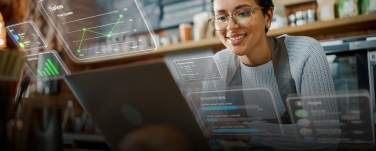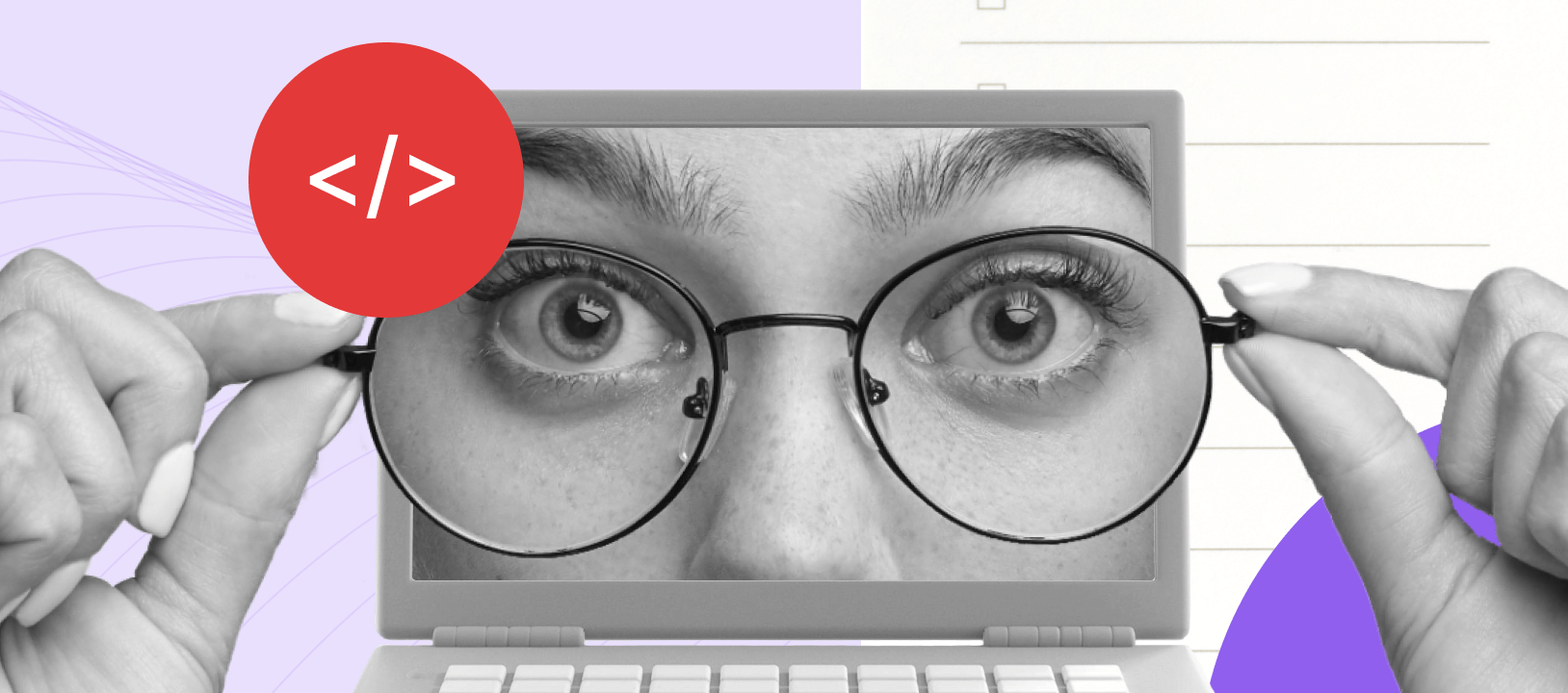Today COVID-19 is all over the news and everyone is very aware of the pandemic. This is important because the more people know — the more effective coronavirus prevention can be. Countries are closing their borders, shutting down schools and universities, prohibiting large gatherings, and much more — all to contain the coronavirus spread.
Compared to previous pandemics, modern cities are furnished with innovations and technologies that can cover most citizens’ social and personal needs while allowing them to stay at home on self-imposed quarantine and still be socially active and continue being productive with work. This is key in helping authorities restrain coronavirus and fight it way faster without risking employees’ health.
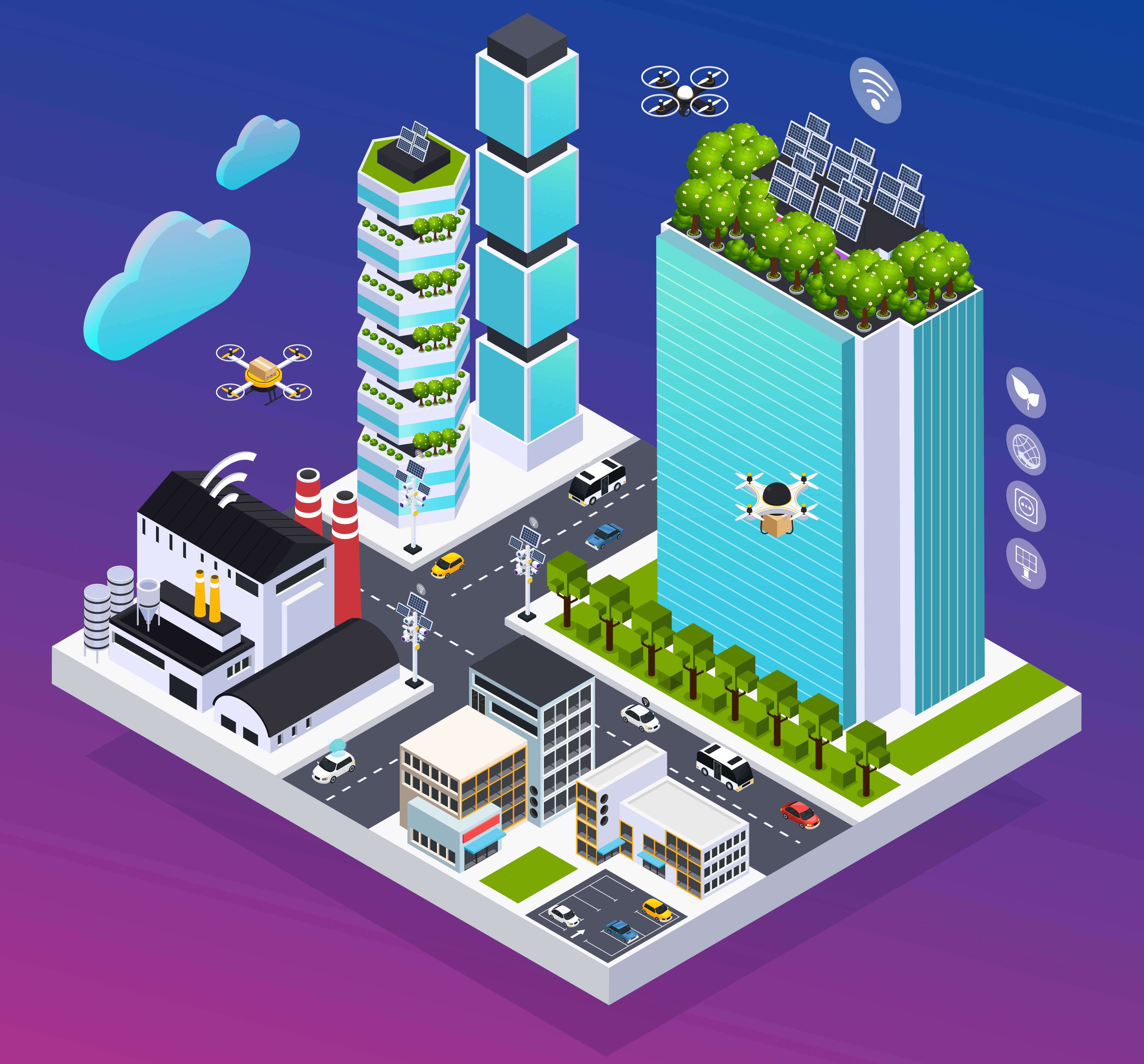
Non-contact medical care
Keeping people away from high-risk places like hospitals is essential. But how do you receive a medical consultation if you are worried about probable symptoms? Baidu offers an online doctor consultation platform, where you can get a consultation from medical professionals and ask Covid-19-related questions without any risk of getting infected. The platform has a network of over 100,000 doctors specializing in respiratory systems and emergency room practices. They have already handled over 15 million inquiries from users, helping to raise awareness of the coronavirus’s many symptoms while providing patients with a custom care plan based on their severity.
This pandemic shows how crucial it is to make hospitals more digital, enhancing them with EHR management tools, AI diagnostics, smart treatment scenarios, and, what is most helpful today, online consultation solutions.
This will help to communicate with patients at home, advising them remotely about the virus symptoms as well as other health issues. Powering such systems with a chatbot designer will help hospitals to configure communication scripts with patients. In addition, patients can learn how to behave in different situations, as well as provide doctors with survey responses to the results of their treatment.
We’ve also done our bit to fight against the virus by setting up a web based application with lots of information about it. Our BPM+ Health COVID-19 Navigator case study shows how we created a searchable database that helps healthcare providers and individuals quickly access reliable, up-to-date information about the virus. This platform has made people much more aware of the situation, and it has helped medical professionals collect information more easily during the pandemic.

Live conferencing and distance learning
As more companies and educational institutions are looking for ways to prevent the spread of the coronavirus with employees and students, they have asked people to stay at home.
Thanks to e-learning and conferencing platforms, employees and students are able to smoothly do their daily tasks from home.
Companies have answered the raised demand in the present situation by making their services more accessible to small businesses and organizations:
- Microsoft has started offering a free trial of the premium plan for its Teams app. The trial allows meeting recording and 1TB storage use for six months.
- Google gives free access to the enterprise version of Hangouts Meet to all G Suite and G Suite for Education users. The plan hosts up to 250 users per call, meeting recording, and Livestream for up to 100,000 for 3,5 months.
- Zoom offers a free version of its videoconferencing software and removing the 40-minute limit on free Basic accounts for schools in Japan, Italy, the US, and more.

Online banking
Thanks to mobile and internet banking it’s possible to run your daily finance needs without leaving a house. For example, various platforms for online banking enable you to check account status, pay bills, transfer money and deposit checks at any time, almost anywhere. Some of them can even help you to get information about bank products in the form of a mobile app with an AI advisor that will assist you with bank products or suggest a budget based on your historical spending.
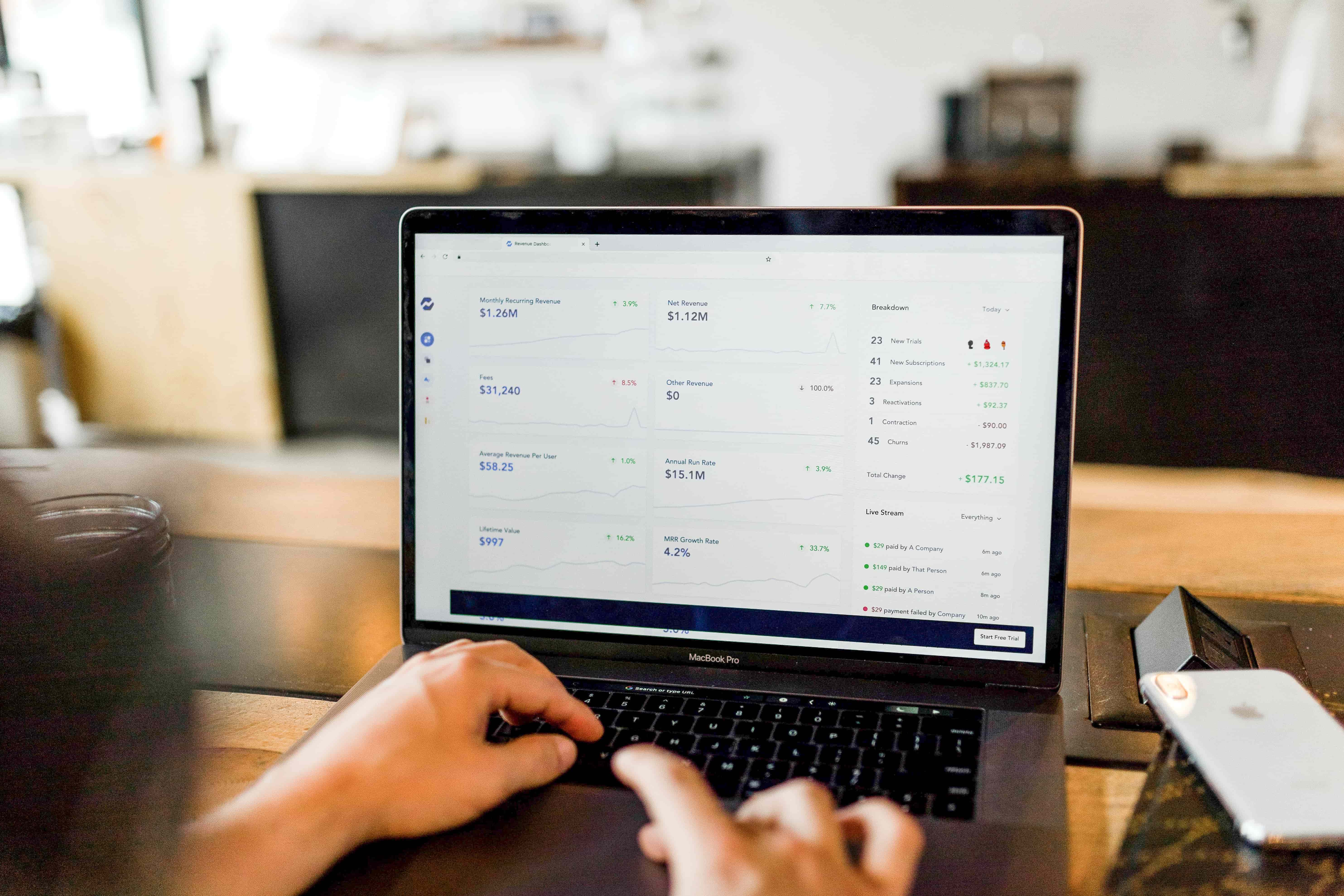
Food delivery
Some food delivery services are moving to contactless drop-offs in response to the present situation. They encourage customers to take advantage of drop-off options and minimize the chance of spreading the virus.
Postmates has introduced a feature called Dropoff Options, giving customers delivery options like meet their delivery driver at the door, curbside, or go non-contact and have deliveries left at the door. Grocery delivery service Instacart launched a Leave at My Door Delivery option across the US. Uber Eats provides drivers with disinfectants for their cars and also waives delivery fees for independent restaurants across the U.S. and Canada during the pandemic.
Considering the circumstances, online ordering is going to become a must-have option for restaurants and it’s always better to have your own service without relying on 3d parties with their fees. And we’ve developed a restaurant reservation software that allows customers to access menus, make an order with delivery or takeout options, providing customers with the healthy state of the restaurant staff. Online ordering functions can be used with the restaurants’ website, Facebook Messenger, SMS bot, voice answering machine, or even Amazon Alexa.

Unmanned outdoor services
Now, more than ever is the time when drones become helpful and display their value globally. Since they are totally immune to the virus and can’t spread it, this is the best option for remote services.
China’s leading drone manufacturers, such as DJI, XAG, and Qianxun Spatial Intelligence dispatched 10,000 disinfection drones to support various provinces afflicted by the coronavirus.
Drones can spray an area of 5,000 square meters in around 15 minutes.
It is estimated that the disinfection operation has covered 600 million square meters across the country so far. The UAVs’ spraying efficiency can be 50 times faster than traditional means, not to mention the reduced risk for workers, including — dealing with biosafety hazards, exposure to either the high-level disinfection chemicals or the infectious virus.
Terra Drone is using its unmanned aerial vehicles to transport medical samples and quarantine material with minimal risk for employees.
Antwork delivers medical supplies to the provinces in China. Their drones allow autonomous delivery of supplies and samples, minimizing the risk for human contamination, while also speeding up the whole delivery process.
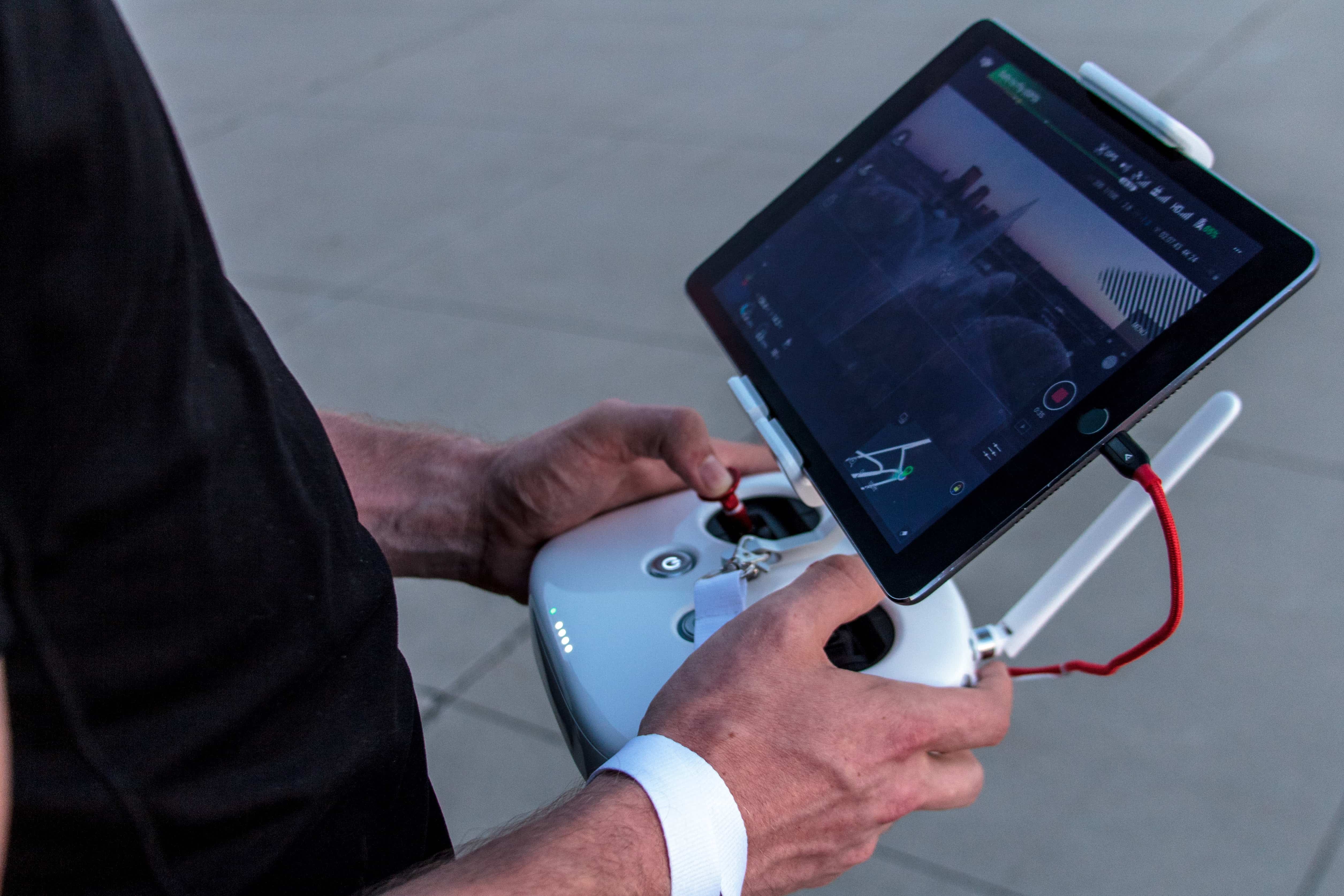
Disease monitoring
It is very important to provide quick monitoring tools, particularly in high-traffic public spaces such as transportation hubs, to effectively quarantine and reduce the spread of the virus.
Baidu has developed an AI-powered non-contact infrared sensor system that provides users with fast multi-person temperature monitoring that can quickly detect a person with fever symptoms. The technology is currently being used in Beijing to identify passengers who are potentially infected. It can examine up to 200 people in one minute without disrupting passenger flow.
Using frontal medical thermometer devices easily cause crowds and increase the risk of cross-infection. The non-contact infrared sensor system can quickly screen crowds to improve detection efficiency and accuracy without creating unnecessary risks.
We’ve developed a powerful AI-based Face Mask Monitoring system that can detect face masks on individuals in real time and trigger alerts in case of violations. The system also builds a roadmap of each violator to minimize contacts between those who abide by COVID-19 mask-wearing and those who don’t, which helps prevent the spread of COVID-19.
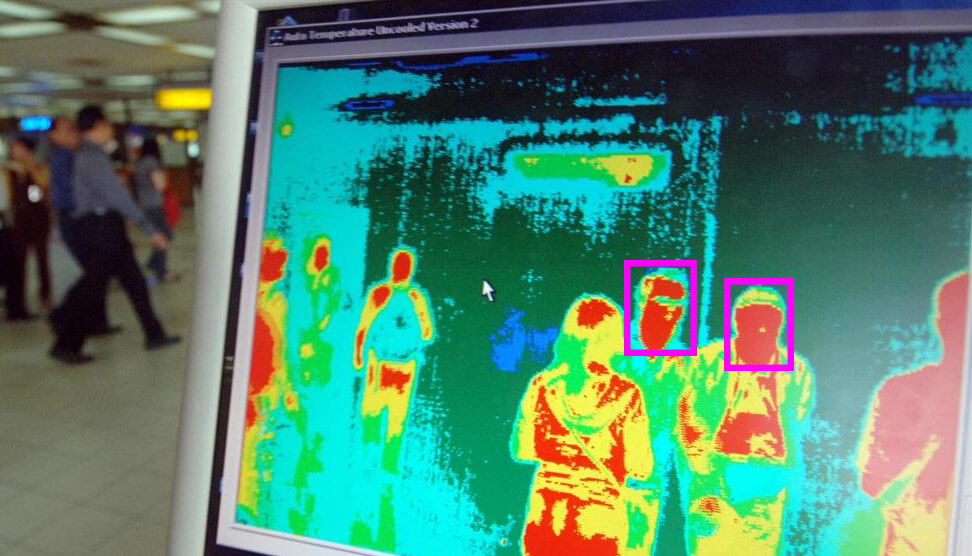
Epidemic prevention platform
The HaiGe platform connects a database of the infected persons, regional info, and regional news released by the Chinese Center for Disease Control and Prevention. The platform displays the real-time cartography of infectious coronavirus locations, identifies disease hotspots with the use of a trajectory tracking algorithm, and automatically re-plans travel routes for users to avoid contagious areas.
Stay healthy

These advances illustrate the great things that tech innovations have brought us. As history shows, this coronavirus outbreak is one of many public health crises we are likely to face in the future. But with the world’s advances in technology and committed people, we can be up to the challenges.
Still, everyone should remain calm, wash hands and avoid crowded places. Follow the instructions provided by your local authorities and stay home — as you can see, you can do a lot from your fortress.
In case you consider going digital, and you’re not sure how to do it right — feel free to drop us a line. Our consultants are experienced digital transformation experts who will gladly assist you with your custom software development.


